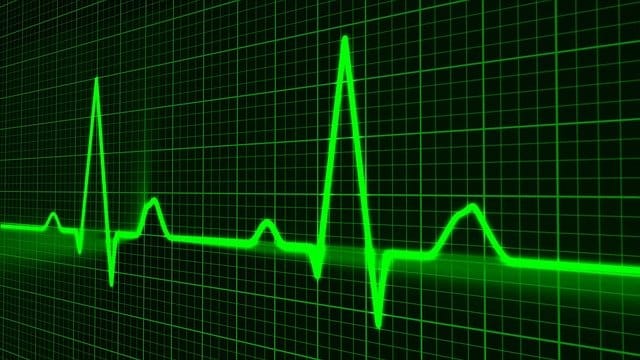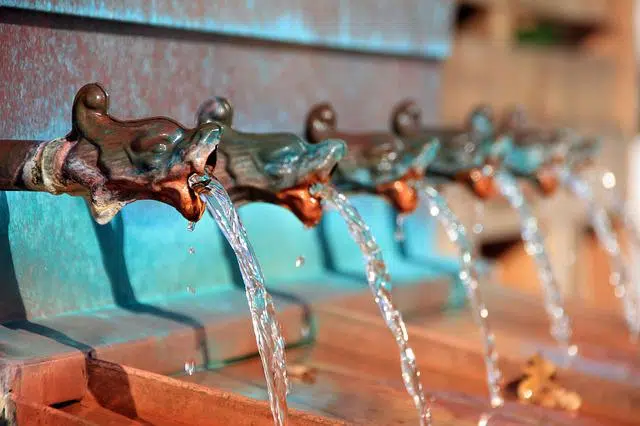
Vital signs reflect that a person is alive.
From the Latin vitalis , vital is that belonging to or relating to life or, in other words, to the existence or capacity of organic beings to be born, grow, reproduce and die. It can also be an internal force that allows the person who possesses it to act.
For example: “The victim arrived at the hospital without vital signs,” “When they put Juan in the ambulance, the doctors noticed faint traces of life that gave hope to the family members,” “The impact will alter the vital functions of the individual, although the most “The important thing at this moment is to ensure that he can stay alive.”
This adjective also names something of great importance or significance : “Job generation is a vital issue in the policies of our mayor” , “The recovery of the midfielder will be vital for the team's chances in the tournament” , “The approval of the “The bill is a vital factor for our industry, which can determine the bankruptcy or survival of a large number of companies.”
The vital linked to energy and strength
A vital person, on the other hand, is endowed with great energy , drive or strength : “Grandfather is a vital man and, despite his 90 years of age, he still has many projects ahead of him,” “I want to be the person again .” vital that it used to be before the accident” , “We need someone who is vital and active to move the company forward” .
Death , inaction, immobility, unease, inactivity and passivity are some of the concepts that are opposed to vitality.

Water is a vital element.
Water, an essential element
Water represents an essential element for living beings: animals and plants need it, and it is useful for agriculture and to generate energy. Simply put, the Earth would not be alive if it were not for water. It represents 70% of our body and we use it daily, from the moment we are born until we die.
The average amount of water we need to consume per day does not exceed a few liters; However, taking into account what is drunk and what is used for personal hygiene and home cleaning, a single person uses a minimum of 50 liters per day. As if this were not enough, in developed countries these numbers increase by 1000%, evidencing a clear waste of a resource that we cannot lose.
It is important to note that not all living beings need water in equal proportions: some species, for example, can only inhabit very humid areas, such as lakes and rivers, while for others it is enough to consume it directly or indirectly through food. .
A vital natural resource
Human interests in water, as well as in all the other natural resources that have been discovered, are very high. In some cases, as with the bark of willows, the action of water on the tree is used, which allows the formation of a substance called salicin , with which medicines are produced. Something similar happens with algae, which are used for food consumption and medicine.
Three quarters of our planet is covered in water: 96% salty; 3%, frozen; and only 1%, sweet. It is interesting to note that most of the species that inhabit the Earth depend on fresh water, not only the scarcest, but also the one that is distributed less evenly: in some regions it is abundant , while in others it is scarce.
Although water presents a continuous cycle, human action causes us to have a smaller percentage each year: pollution, the destruction of watersheds and forests, are just some of the examples, which are due to add up the waste.
